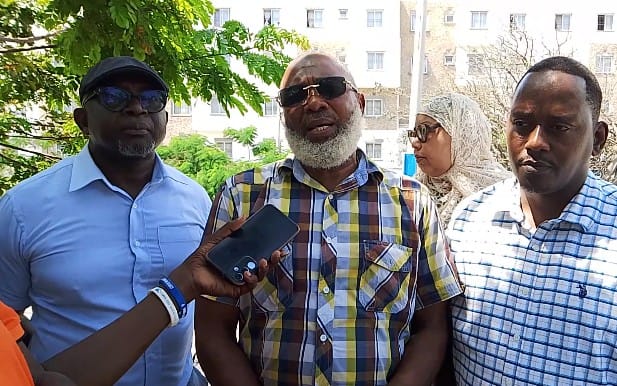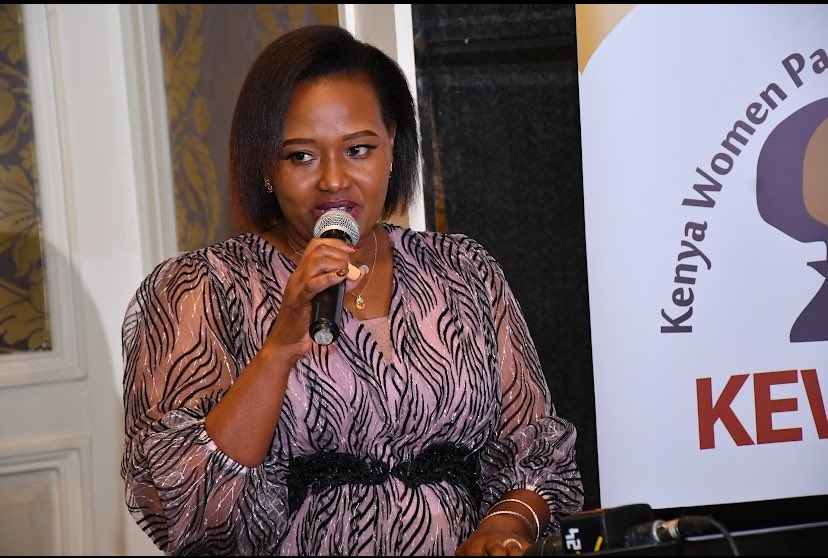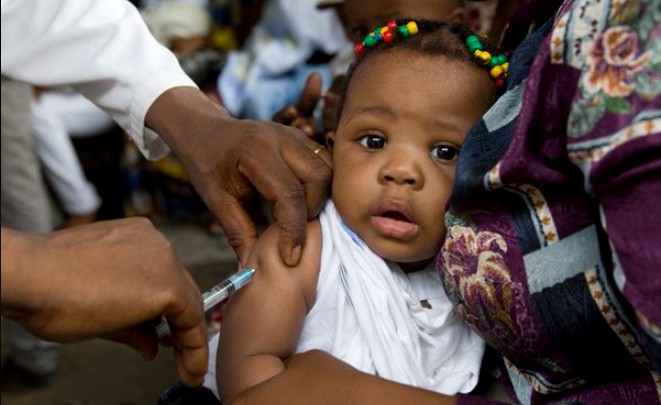Six communities dominate jobs in parastatals and public universities, NCIC says

They are Kikuyu, Kalenjin, Luo, Luhya, Kamba, and Kisiis, while the least dominant groups include the minority groups like Gabra, Illchamus/Njemps, Rendile, Aweer/Watta, Dorobo, and the Sakuye.
Six communities dominate state parastatals and public universities' employment, the National Cohesion and Integration Commission (NCIC) has revealed in its audit reports.
The policy documents, namely: Ethnic and Diversity Audit of Parastatals 2025, the Ethnic and Diversity Audit of Public Universities 2025, were unveiled alongside a report on the Evolution of Organised Criminal Gangs in Kenya, and the Guidelines for Peaceful Elections 2025.
More To Read
- Cases of police misconduct rises despite overall drop in crime -Report
- Gachagua, governors, and MPs under probe by NCIC for inflammatory statements
- Outgoing NCIC faces scrutiny over last-minute recruitment of 22 staff
- IEBC says poll preparations on track as police move to contain violence in Kasipul, Mbeere North
- Kenya’s criminal gangs trace back to independence era, NCIC says
- NCIC warns of criminal gangs using social media to recruit, mobilise
The Ethnic and Diversity Audit of Parastatals 2025 and the Ethnic and Diversity Audit of Public Universities 2025 audits revealed that out of 40 public universities, only 11 comply with the National Cohesion and Integration Act.
Similarly, in 299 parastatals, the six ethnic groups continue to dominate public employment.
They are Kikuyu, Kalenjin, Luo, Luhya, Kamba, and Kisiis, while the least dominant groups include the minority groups like Gabra, Illchamus/Njemps, Rendile, Aweer/Watta, Dorobo, and the Sakuye.
"Together, these six dominant communities take up 85.71 per cent of all the jobs in universities and their constituent colleges, leaving 14.29 per cent to the remaining 29 communities," the report states.
The audit further revealed a concerning trend in the relationships between university leadership and the broader university community, with the findings indicating a strong correlation between the ethnic group of the vice chancellor/principal and the dominant ethnic community within the university.
"50 per cent of universities demonstrate this relationship. Furthermore, a closer examination reveals that in 16 universities, there exists a strong correlation between the ethnic group of the vice chancellor and that of the senior staff, who hold significant decision-making power within these institutions," the document says.
It pointed out 15 universities, including Cooperative, Pwani, Jaramogi Oginga Odinga University of Science & Technology, Rongo, University of Kabianga, Kirinyaga, Dedan Kimathi University of Technology, Kisii, Masinde Muliro University of Science & Technology, Maseno, Moi, University of Eldoret, Jomo Kenyatta University of Agriculture and Technology, Kenyatta University, and Alupe University exhibit homogeneity, where the ethnic group of the vice chancellor, the dominant ethnic community within the university, and the dominant ethnic group among the senior staff are all similar.
"87 per cent of the universities displaying homogeneity have contravened sec 7(2) of the NCI Act. The above trend suggests that the ethnic identity of the head of an institution often leaves discernible 'footprints' throughout the structure and staffing of the university, raising concerns about potential biases in hiring and promotion practices, as well as the extent to which universities truly reflect the diversity of the wider Kenyan population," the NCIC said.
However, a comparative analysis of data from 2016 and that of 2025 reveals a positive trend in compliance with the NCI Act section 7(2), showing that while only five universities were compliant in 2016, this number has increased to 11 universities in 2025.
The report said this reflects a positive step toward fostering a more inclusive academic environment across the sector.
"Moreover, three universities, including Cooperative University, the University of Nairobi, and Egerton University, that already met diversity standards in 2016 have further improved their representation, demonstrating a sustained commitment to inclusivity," said NCIC.
Meanwhile, the dominant six communities also take up 79.85 of all corporation jobs, leaving 20.15 per cent of the remaining jobs to be shared among the remaining 39 ethnic groups.
The report adds that the six dominant groups are followed by six other communities at a distance, namely, Meru, Mijikenda, Somali, Maasai, Taita and Embu.
"The remaining 23 communities take up less than one per cent with minority groups such as Rendile, Orma, Burji, Ndorobo, Gosha, Konso, Kuria, Suba, Ilchamus, among others, grossly underrepresented," the report notes.
The commission warns that these figures threaten the social fabric of the nation by perpetuating a sense of exclusion among marginalised and minority communities.
"The ethnic audits are not just about numbers; they are about fairness, representation, and accountability. Institutions that remain non-compliant must reflect deeply and take corrective action," NCIC Commissioner Dr Danvas Makori said.
The report on criminal gangs cites 29 active gangs as actively operating in the country, amongst them Mbogi, Gaza, 42 brothers, Bamba40, Nduathi culture, Brotherhood, Tonde, 10 brothers, Landlord Boys, Taliban, who are engaging in criminality and are often used by politicians.
The report recommends that a multiagency platform be established to monitor their growth and activities in the wake of increased internet penetration in the country and ahead of the 2027 general elections, when they are likely to be exploited.
Organised crime in Kenya grows most rapidly during periods of political transition, particularly during elections. The report recommends enhanced intelligence gathering and policy coordination, and establishing a dedicated multi-agency platform to monitor the growth and activities of these groups.
Top Stories Today













































